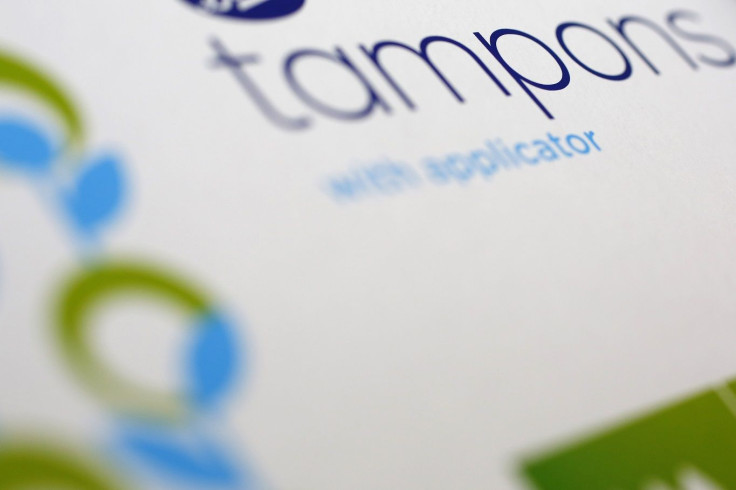Australia scraps 10% tampon tax

Tampon tax will be removed after states and territories have agreed to make sanitary items exempt from goods and services tax. On Wednesday, treasurers unanimously agreed with Treasurer Josh Frydenberg to remove 10 percent consumption tax from feminine hygiene products starting Jan. 1.
The move was proposed by then-treasurer, now prime minister Scott Morrison, who vowed in August to end tampon tax. He had once called the 10 percent tax an “anomaly.”
We put it on the treasurers’ meeting agenda, we got the agreement & now, within 3 months, the GST will be removed.
— Josh Frydenberg (@JoshFrydenberg) October 3, 2018
Labor didn't even get around to putting it on the agenda! pic.twitter.com/VVld8k3lOv
Frydenberg said there was a “strong agreement” among the states and territories, even though the axing of the tampon tax would also mean the loss of $30 million in revenue. Other health items are exempt from the GST, including men’s Viagra.
Minister for Women Kelly O’Dwyer was “delighted” with the “right outcome,” saying millions of women would benefit from it.
“Well it’s had a fairly tortured history … [then-treasurer] Joe Hockey, as the first Commonwealth minister to actually raise this issue, put it on the agenda for COAG and didn’t get a lot of support from the states and territories at that time … but we said we wanted to have another crack at it,” she told Sky News (via the ABC). “We’re really delighted that everyone’s come on board to scrap what is an unfair tax.
“Millions of women right across the nation will be very thankful for it.”
NSW Treasurer Dominic Perrottet said that the scrapping of the tampon tax “should have been done some time ago.” He said, “The cost to New South Wales is about $10 million a year, but for a good cause.”
Victoria and Queensland both wanted guarantees through legislation that no state would be worse off under the GST changes, Frydenberg has assured states and territories, however, that they would be better off under his plan to introduce a floor in GST payments in the 2024-25 financial year.
“We’re putting in an additional $9 billion to support the states and territories,” he was quoted by news.com.au as saying. “There will be an additional billion dollars, in perpetuity, going to the states and territories from the GST, and we are putting in a floor at 75 cents so that no state falls below that proportion of GST shared.”




















